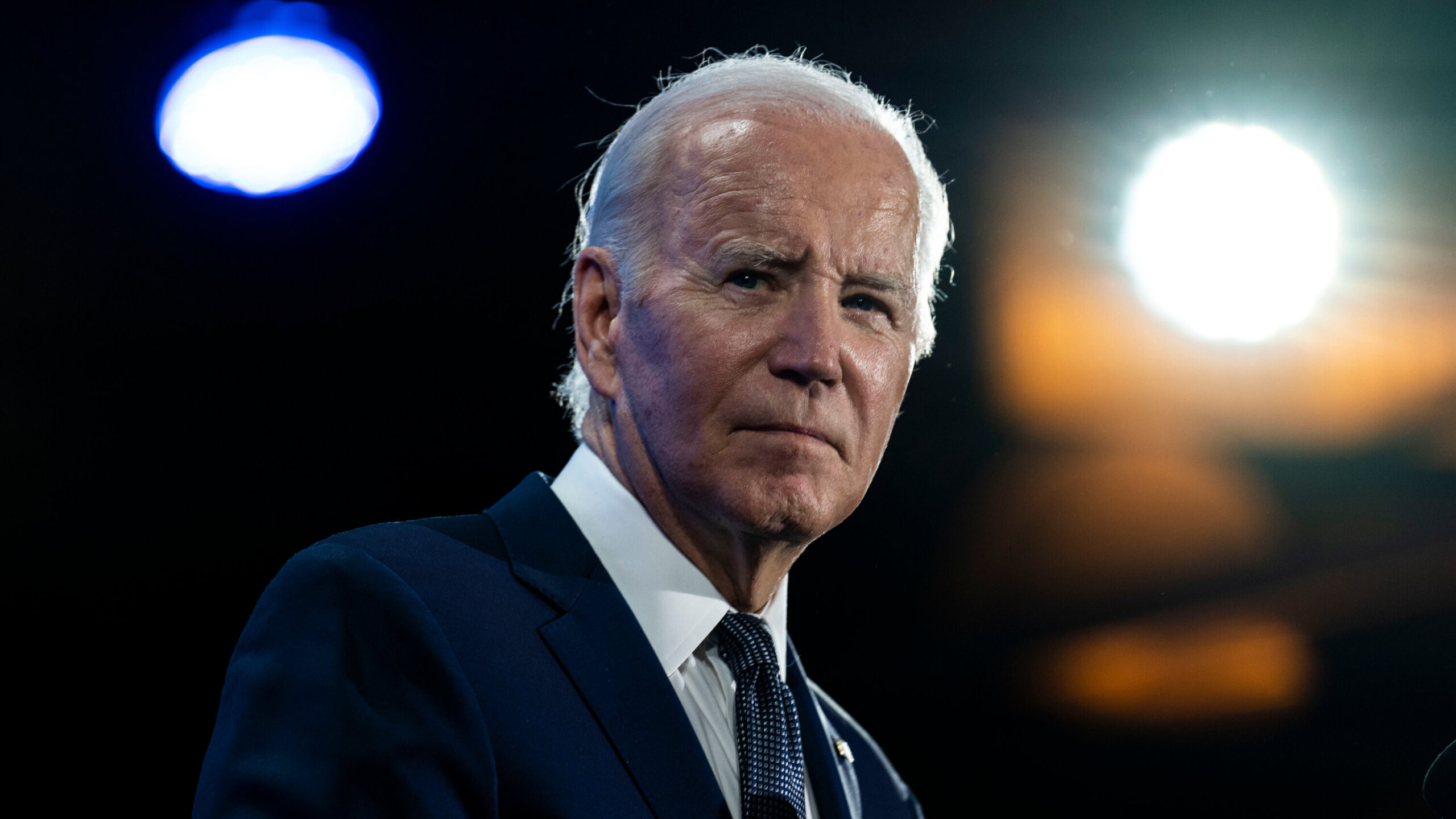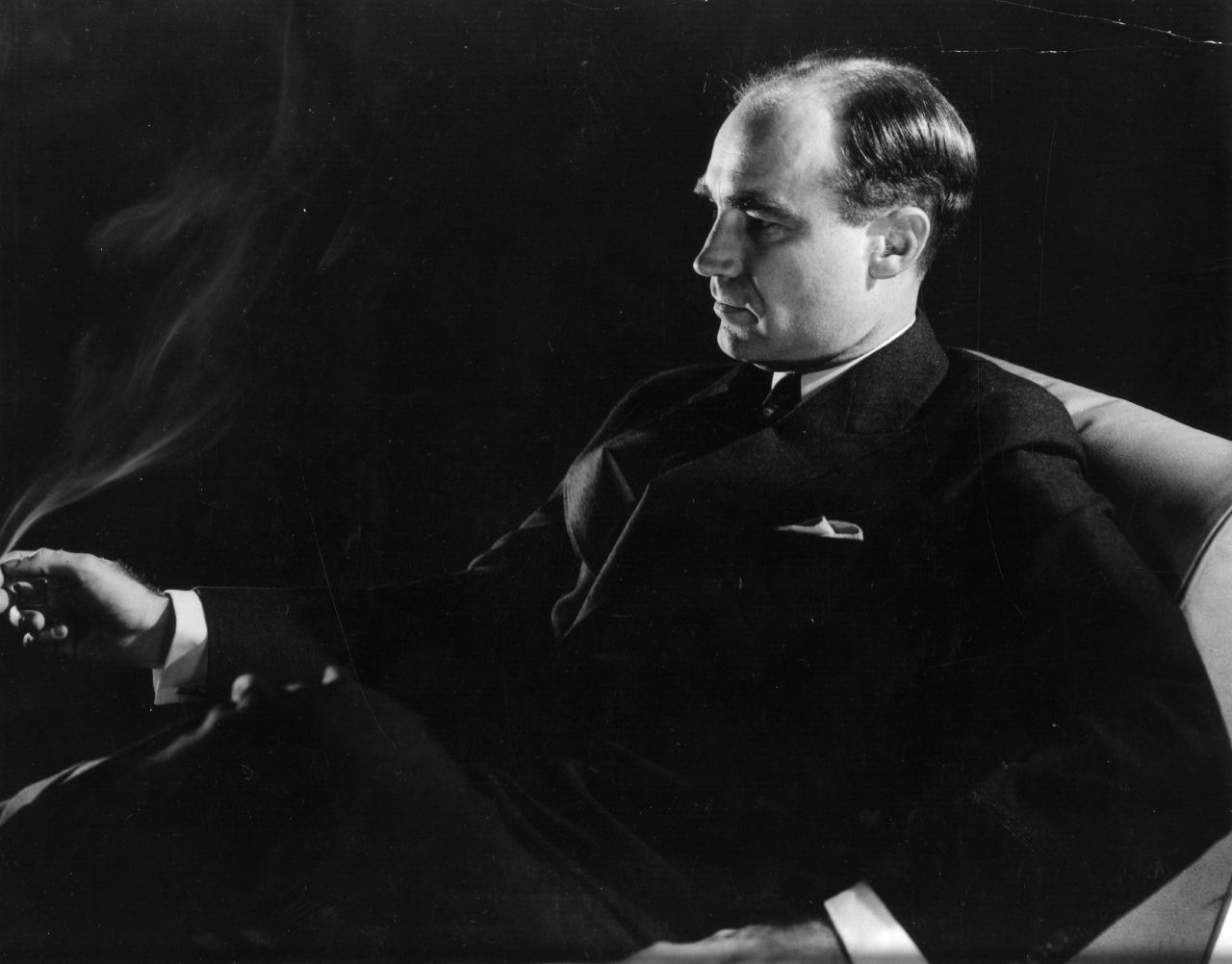The political landscape in the Philippines has been thrown into turmoil as the country’s parliament voted to impeach Vice-President Sara Duterte amid allegations of corruption and threats against President Ferdinand “Bongbong” Marcos Jr. The move, seen as a major escalation in the ongoing feud between two of the nation’s most powerful political dynasties, has heightened tensions ahead of the upcoming mid-term elections.
Duterte has been accused of misusing millions of dollars in public funds and allegedly making threats to assassinate President Marcos. She has denied all allegations, claiming that she is the victim of a politically motivated attack.
Out of 306 members of the House of Representatives, 215 voted in favor of impeachment—well beyond the one-third threshold required for the bill to advance. The case will now proceed to the Senate, which will convene as an impeachment court to determine Duterte’s fate. If convicted, she would be the first vice-president in Philippine history to be impeached and permanently banned from holding public office. However, she remains in her post until a verdict is reached, though a trial date has yet to be set.
The impeachment vote is expected to have significant ramifications for the country’s political future. Duterte is widely regarded as a potential successor to Marcos, who is constitutionally barred from seeking re-election in 2028. A conviction would effectively eliminate her from presidential contention, reshaping the political landscape.
The impeachment also comes at a crucial time, just months before the mid-term elections in May. These elections will serve as a referendum on Marcos’ leadership and an indicator of public support for Duterte. The vice-president has yet to issue an official statement on the matter, but her brother, Paolo Duterte, a lawmaker representing their hometown of Davao, has strongly condemned the impeachment as a “clear act of political persecution,” warning that the administration is “treading on dangerous ground.”
President Marcos has remained largely silent on the issue. However, in November, he dismissed the idea of impeaching Duterte as a “waste of time,” arguing that lawmakers had more pressing matters to address.
Historically, impeachment in the Philippines has been highly charged and divisive. Since the end of Ferdinand Marcos Sr.’s dictatorship and the restoration of democracy in 1986, only one sitting president—Joseph Estrada—has faced impeachment. Estrada was accused of corruption in 2000, but his trial was cut short when a popular uprising forced him from power in 2001. The only impeachment case to reach a verdict was that of Supreme Court Chief Justice Renato Corona, who was convicted of corruption in 2012. Both trials were drawn-out and politically fraught.
The once-strong alliance between Duterte and Marcos has deteriorated significantly since their joint victory in the 2022 elections, where they campaigned as the “UniTeam.” Tensions first surfaced when Duterte sought the defense minister position in Marcos’ cabinet but was instead assigned to the Department of Education. The rift deepened as their political agendas diverged, particularly on key foreign policy and governance issues.
Marcos has actively strengthened ties with the United States, reversing the pro-China stance of Duterte’s father, former President Rodrigo Duterte. He has also distanced himself from the elder Duterte’s controversial war on drugs, which resulted in over 6,000 deaths, according to official government figures. Meanwhile, scrutiny over Sara Duterte’s budget requests—especially her confidential funds, which bypass state audits—further intensified hostilities. In July 2023, she resigned from Marcos’ cabinet.
The feud took a dramatic turn months later when Duterte, in a late-night livestreamed press conference, made a cryptic remark about discussing a plan to assassinate Marcos if she herself were targeted. Though she later denied any intention to harm the president, Marcos dismissed the statement as a “storm in a teacup.”
With the Senate trial looming, the nation remains on edge as the political battle between the Duterte and Marcos camps continues to unfold. The outcome will not only determine Sara Duterte’s future but could also redefine the country’s political landscape for years to come.




